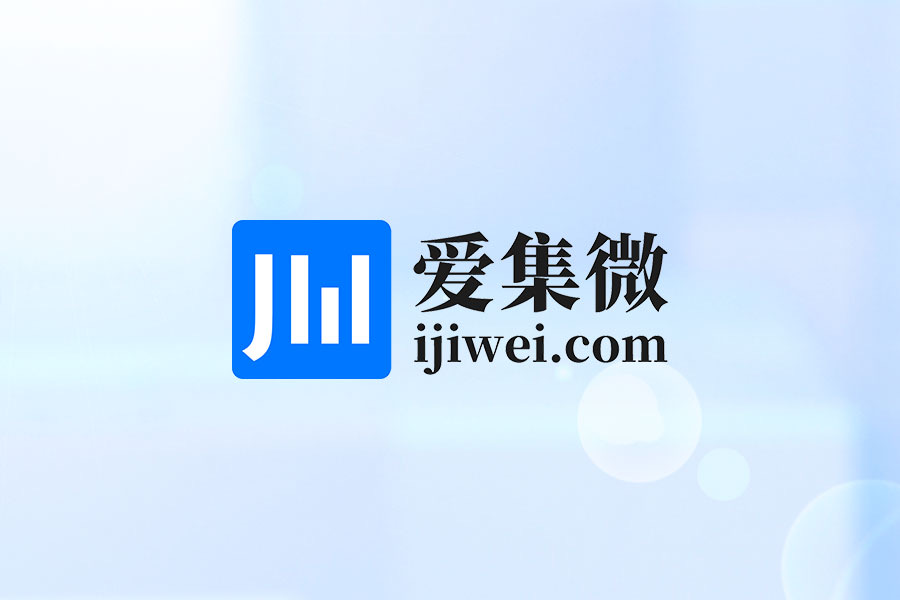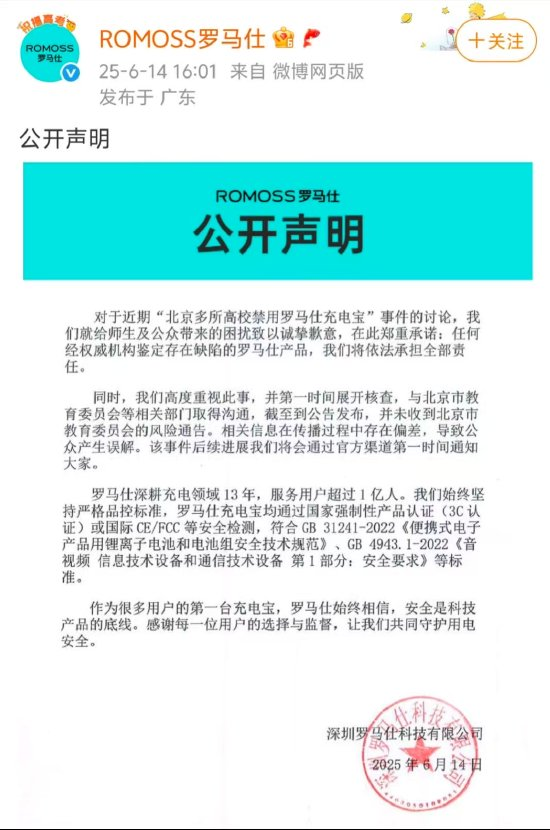Editing by Greg Gao/WM Zhang
GlobalFoundries Inc.(GF), the world's 4th largest semiconductor foundry, unilaterally canceled some orders from the Chinese mainland's IC design companies as it prepared its IPO in the United States against a backdrop of U.S. escalating sanctions against China. GF’s move drew complaints in China’s IC community and pushed the industry to confront a harsher reality in the semiconductor supply chain.

Globalfoundries is reportedly preparing for its IPO in the United States, with a valuation of approximately $30 billion. The U.S. headquartered company was valued at about $20 billion last month, increasing 50% in less than two months.
GF is owned by Mubadala Investment Company - a sovereign investor belonging to Abu Dhabi's government. It was created in 2009 by divesting the manufacturing arm of Advanced Micro Devices (AMD) and merging with the Chartered Semiconductor in Singapore.
However, at the time of its IPO coming, GF's cancellation of many orders from Chinese IC design firms is “a devastating blow to small & medium-sized companies that just entered R&D stage,” a foundry business insider commented. GF is said to have turned down both Chinese customers who need tape-out and mass-production services. So now those with tape-out needs can only go for other foundries, but most foundries face tight production capacity. It is also challenging for customers who need mass-production, he said.
The industry insider also pointed this situation to the Sino-US geopolitical changes. The United States is trying to restore IC manufacturing capacity in its homeland and amass manufacturing resources to its supply chain.
In recent years, GF and the U.S. Department of Defense cooperated in the production of military chips. GF continued to obtain orders from major customers, including its former parent company AMD, Qualcomm, and Broadcom. By going IPO, GF can expand production capacity to match the demand and help improve manufacturing in the U.S.

Though TSMC takes the lead in developing advanced process technology, the market share of advanced processes is only about 30%, and 70% of the market is using the matured process technology. The United States intends to control a supply chain that draws on the strengths of TSMC and Samsung with advanced process and have access to the remaining 70% matured process market. Although U.S. chip giant Intel has expanded to the foundry market and has advanced manufacturing process technology, its production capacity is insufficient to support 70% of the mature process market. With GF staying closer to the U.S. market, the American foundry ecosystem covers broader manufacturing process technology resources.
Global foundry giants TSMC and Samsung all plan to invest in building new fabs in the U.S. after American President Joe Biden urged more spending in the chipmaking sector to resolve the chip shortage and create a more independent and stable supply chain.
As a foundry, GF ranked third after TSMC and Samsung Electronics globally for a long time. But it did not have a plain sailing in recent years. In 2018, it announced its withdrawal from the advanced process competition. It sold 8-inch and 12-inch wafer fabs the following year and suffered multiple setbacks in the Chinese market. There were even rumors that the company would be sold, but it was difficult to find a suitable buyer.
The global chip production capacity shortage seems to have provided a turnaround opportunity for GF. Its shipments of the automotive chip last year set a record high. According to GF’s CEO Thomas Caulfield, the semiconductor shortage might continue until 2022 or later, and the company will invest $1.4 billion this year to expand the production of three fabs located in the United States, Singapore, and Germany, mainly using 90 nm manufacturing technology. Its investment funds will double next year. Thomas Caulfield also predicts that GF's output will increase by 13% next year and increase by 20% in 2022.
It looks like GF is making gains from the U.S. at the expense of its Chinese customers. Now GF's Chinese clients are said to have no choice but to transfer some orders to domestic foundries such as SMIC, Huahong Grace(华虹宏力). Luckily, there is a decline in demand for smartphones, which squeezed out some bubbles and released production capacity for IC.
But from the overall industry chain perspective for China, GF’s latest move makes reality tougher again for the Chinese semiconductor industry. The Chinese foundry sector feels more acute to upgrade itself from production capacity to core equipment, materials, and EDA.
The industry insider expressed the hope that all companies in China’s semiconductor industry ecosystem, including design, manufacturing, packaging and testing, equipment, materials, and EDA, will have a long-term vision and work more closely. China’s chances are to leverage its advantage as the largest application market and focuses on developing “bottleneck” technology with tremendous human resources.









